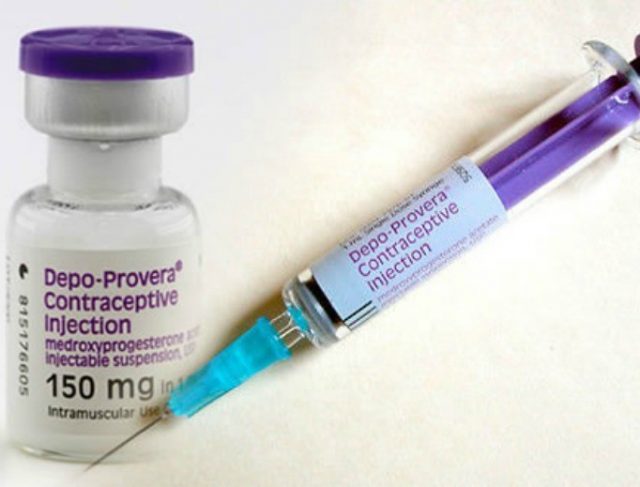Going from a change in health policy in Rwanda to action
 Rwanda’s national strategy seeks to increase the modern contraceptive prevalence rate among married women from 48 percent in 2015 to 62 percent by 2024. Among modern contraception methods, most women choose injectables, which are typically administered by community health workers in the public sector. Indeed, health services in the country are largely provided by the public sector. Rwanda also has a small, fragmented private health sector, which could be tapped to ease the public sector burden. The government is supportive of the private sector and has established a strong regulatory environment.
Rwanda’s national strategy seeks to increase the modern contraceptive prevalence rate among married women from 48 percent in 2015 to 62 percent by 2024. Among modern contraception methods, most women choose injectables, which are typically administered by community health workers in the public sector. Indeed, health services in the country are largely provided by the public sector. Rwanda also has a small, fragmented private health sector, which could be tapped to ease the public sector burden. The government is supportive of the private sector and has established a strong regulatory environment.
One way to increase access to family planning services is to allow community pharmacies to administer injectable contraceptives, such as the intramuscular hormonal contraceptive DMPA. Allowing private pharmacies to administer DMPA would also reduce costs associated with clinician consultation fees. According to SHOPS Plus analysis, increased private sector access could reduce the number of family planning visits to the public sector by 11 percent. Since 2012, the World Health Organization has supported sharing the administration of DMPA with pharmacists. However, in Rwanda, policy did not allow for administration of injectable contraceptives by community pharmacists.
SHOPS Plus teamed up with the Association of Pharmacists and Pharmacy Owners of Rwanda (Association des Pharmaciens et Propritaires d’Officine du Rwanda [APPOR]) to advocate for a change in policy. Project staff and APPOR worked closely with key stakeholders to bring about the change in policy. Using the SHOPS Plus Expanding Access to Injectable Contraceptives through Pharmacies toolkit, APPOR developed an advocacy plan for Rwanda, which resulted in the formal change in February 2020.
Operationalizing the policy
Success in changing the policy was only the first step to creating an enabling environment and increasing access. Next came the hard work of getting providers and potential users of injectables to change behaviors. The team updated the family planning guidelines to reflect the change in policy that allows for pharmacists to administer the intramuscular contraceptive injections, developed appropriate training materials. At the same time, the team worked to facilitate the registration and commercial importation of family planning commodities. Oral contraceptive pills have been registered as a product in Rwanda and the first consignment is expected before the end of 2021. The process of product registration of injectables is also expected to be finalized before the end of the year.
Other supportive interventions are required to support the operationalization of policy change. To support demand for the product in the private sector, promotional material to inform pharmacists and their clients will be key. Supportive supervision will be required to reinforce the training of pharmacists. A key aspect of this shift in task is an adequate support to the pharmacies. To make sure the commodity is available when needed, a monitoring system will be put in place.
Finally, to reduce financial barriers to the project and ensure sustainability of the market, it is important that commercial brands of contraceptives such as DMPA IM are included in the benefits packages of health insurance schemes.
Related story: